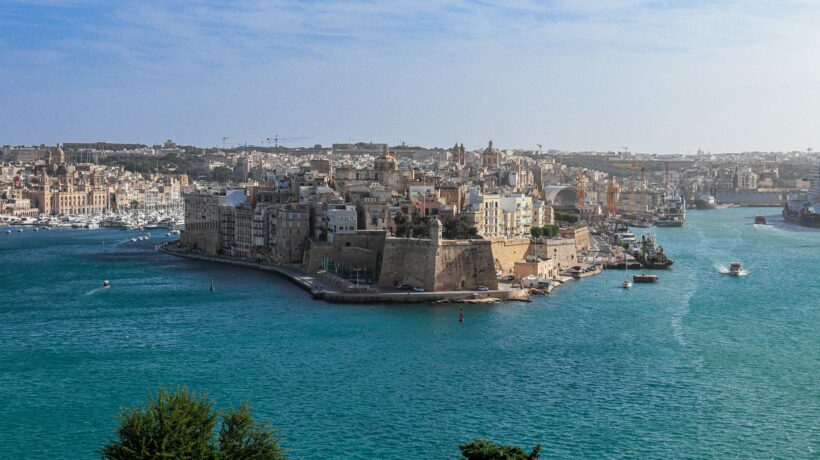In July 2025, Malta introduced a historic shift in its approach to granting citizenship. Following a European Court of Justice (ECJ) ruling that deemed the country’s “citizenship by investment” programme incompatible with EU law, Malta officially replaced its investor-based framework with a merit-based naturalisation system. The change was enacted through Bill No. 140 of 2025, also known as the Maltese Citizenship (Amendment) Act. This article breaks down what this new law entails, how it works, and what it means for individuals hoping to obtain Maltese citizenship based on their merit and contributions. It also incorporates Legal Notice 159 of 2025, which provides the implementing regulations.
Why the Reform Was Necessary?
On 29 April 2025, the ECJ ruled that Malta’s investor citizenship scheme—known as the Malta Exceptional Investor Naturalisation (MEIN)—violated EU principles. The court held that granting citizenship primarily in exchange for financial contributions undermined the concept of “genuine link” to the country and weakened the integrity of EU citizenship as a whole. Malta responded swiftly, abolishing MEIN and introducing a new framework in July 2025 that aligns with European law and emphasizes value over wealth.
What Is Bill No. 140?
Bill No. 140 of 2025 is a comprehensive legal amendment to the Maltese Citizenship Act. It removes all references to investor citizenship and replaces them with a framework focused on exceptional merit or contributions. The law was fast-tracked through Parliament and took effect in late July 2025.
What Does Malta Citizenship by Merit Involve?
The new system grants Maltese citizenship through naturalisation on grounds of merit, meaning individuals must demonstrate an exceptional contribution to Malta or to humanity at large.
Eligible Areas of Contribution
Applicants must have made demonstrable contributions in fields such as:
Scientific research and innovation
Technology and digital advancement
Arts and cultural development
Philanthropy and social impact
Entrepreneurship and job creation
Sports and public service
This shift acknowledges that impactful contributions are not always monetary and can originate from a diverse range of talents and achievements.
Legal Notice 159 of 2025 — Detailed Regulation of the Merit Pathway
Legal Notice 159 of 2025 formally implements the Granting of Citizenship by Naturalisation on the Basis of Merit Regulations. Key highlights include:
Eligibility extended beyond the applicant: spouse/partner (monogamous), children under 18 (including adopted), plus unmarried, financially dependent children aged 18 to 28—or up to 29 including disabled adult children.
Ineligibility clause: Applicants or dependants previously denied visa-free access to certain countries may be disqualified—unless based on serious concerns like security or health.
Two-stage application structure:
Proposal Letter: A detailed narrative including applicant’s background, intended exceptional contribution, and post-citizenship plan. The Community Malta Agency handles initial due diligence and administrative fees, and refers qualifying proposals to the Evaluation Board.
Full Application: Once a Letter of Approval in Principle is granted by the Minister, the applicant must submit proof of eight months’ residence, adequate property, language proficiency, and documentation of contributions. A second due diligence is performed before final review and approval.
Obligations after approval: Applicants must take the Oath of Allegiance within six months (extendable) and sign a commitment to continue fulfilling obligations. The Agency monitors compliance and can enforce documentation of ongoing contributions.
Revocation authority: The Minister can revoke citizenship if obligations are not upheld or if the application contained falsehoods or omissions.
Key Features of the New System
1. Merit-Based, Not Financial
Unlike the previous system, applicants cannot purchase citizenship. The new model requires individuals to demonstrate merit, not wealth.
2. No Agents Allowed
All applications must be submitted directly to the government. Licensed agents and intermediaries are now excluded from the process, increasing transparency and eliminating profit motives.
3. Structured Evaluation Process
Applications follow a multi-tiered review:
Stage 1 — Proposal Letter: Submitted to Community Malta Agency (CMA) which conducts due diligence and forwards viable cases to the Evaluation Board.
Evaluation Board: Typically composed of a legally qualified chairperson and two subject experts, can request more documents or interviews.
Minister: Issues a Letter of Approval in Principle or grants final citizenship.
4. Accountability and Oversight
Formal monitoring by the Agency ensures commitments are upheld and allows enforced documentation submission.
Citizenship can be revoked for misrepresentation or non-compliance.
5. Transitional & Family Provisions
Extensions for citizenship by descent now valid until 1 August 2028, helping diaspora generations.
Adoption rules now clearly defined for eligibility under merit path.
What This Means for Future Applicants
For individuals hoping to acquire Maltese citizenship, the emphasis is on real, lasting contributions—not financial capability. Successful applicants must navigate a structured, oversight-driven process and demonstrate meaningful alignment with Malta’s Vision 2050 strategic goals.
Get in Touch
With Bill No. 140 of 2025 and Legal Notice 159 of 2025, Malta decisively pivoted from investment-based pathways toward a principled, merit-centered naturalisation system. It celebrates impactful, socially beneficial individuals and aligns national identity with EU norms—promoting citizenship as recognition of achievement, not purchase.
If you believe your work or contribution aligns with Malta’s values and vision, get in touch today to learn more about how you or your family may qualify under the Malta Citizenship by Merit programme.




